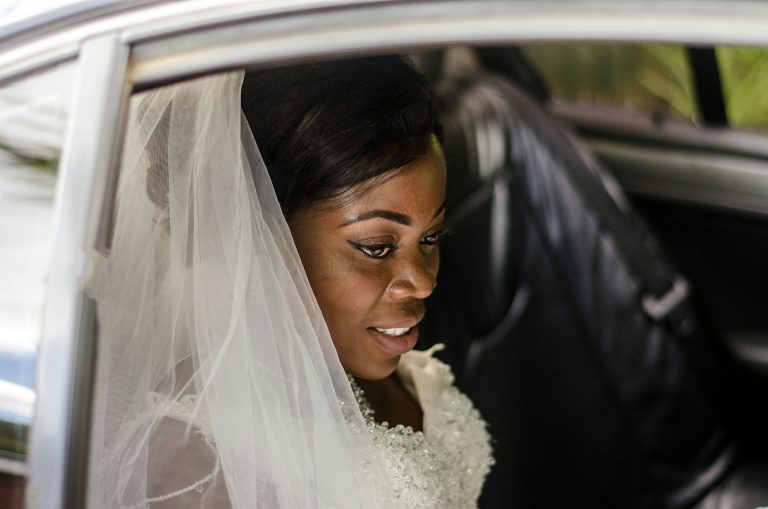For centuries, Kenyan men have proudly embraced polygamy, building homes with multiple wives under the banner of tradition. But what if the script was flipped? What if a woman, like a queen with many thrones, had two, three or even four husbands?
Picture this: Mama Njoroge, Mama Otieno and Mama Kiptoo… except, it’s the same woman. Would society cheer her on or would it suddenly become “immoral” and “unnatural”? Would our Kenyan Parliament be up in uproar considering how male dominated it is and are known for shooting down subjects favorable to women especially when it comes to matters relationships and family?
The idea alone is enough to make traditionalists break into a cold sweat, but isn’t it time we ask- if polygamy works one way, shouldn’t it work the other way too?
Imagine a world where a woman walks into a dowry negotiation, not for one husband, but for three. Picture her household- one husband making ugali, another putting the kids to sleep and the third massaging her feet after a long day. Sounds wild, right? Maybe. But why does the idea of a woman having multiple husbands sound so wrong when a man with multiple wives is just “culture”?
“Women-led polygamy challenges deep-rooted gender norms, not just tradition. Kenyan society, like many patriarchal cultures, has long accepted male-led polygamy as normal and the idea of women having multiple husbands remains a taboo. This isn’t just about tradition but also power, control and deep-seated gender roles- what I call the male ego in a nutshell.
Now, the psychological and cultural barriers. Male-led polygamy is normalized because it aligns with patriarchal ideas whereby men as providers, decision makers and figures of authority are allowed to have multiple wives. However, women having multiple husbands challenges the deeply ingrained belief that men should lead relationships. Religiosity, social conditioning and even economic structures reinforce this. A woman-led polygamous family would be seen as emasculating to men, (1:11) a disruptive to traditional family order, which is a taboo,” began Ms Audrey Oluyole, a Nairobi-based Counselling Psychologist.
But could the attitudes towards women-led polygamy over time and be accepted? Would society be willing to let go of ingrained cultural practices and evolve with the new age, and not attribute this to an erosion of African culture by first world influences?
“Power and relationships have long been tied to economic and social control. A woman with multiple husbands would invert this power dynamic, causing society to confront the uncomfortable question of who gets to be in charge? Because, imagine if she has like two or three husbands, who would be said to be leading the home? I mean, not to say much, but here the woman has the power again. But as gender equality gains traction and economic independence among women grows, attitudes could shift. A society can normalize men juggling multiple partners. Why not women? The only reason it hasn’t happened well is because of male resistance to sharing power. Again, the male ego comes to play,” added Ms Oluyole.
We love to say “times have changed,” but have they really? If men can build empires with many wives, why can’t women do the same? Is it about biology, tradition or just deep-seated double standards? Kenya prides itself on being progressive, yet when it comes to relationships and power dynamics, the rules seem to favor one gender. Maybe, just maybe, it’s time to rethink polygamy through a woman’s eyes?

